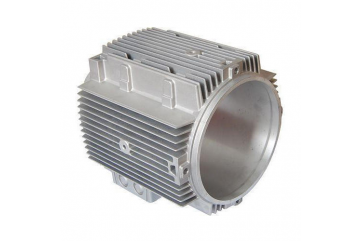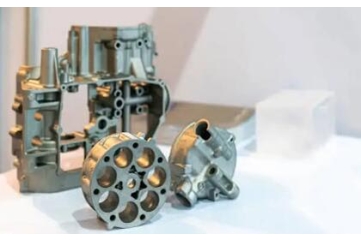What material is pressure die casting Mould?
Pressure die casting molds are typically made of high-quality tool steels due to the demanding nature of the process, which involves high temperatures, pressures, and repetitive use. The most common materials used for pressure die casting molds include:
1. H13 Tool Steel:
– Most widely used material for die casting molds
– Excellent hot hardness and thermal fatigue resistance
– Good balance of toughness and wear resistance
2. H11 Tool Steel:
– Similar to H13 but with slightly different alloying elements
– Used for some specific applications
3. P20 Pre-hardened Mold Steel:
– Used for larger molds or parts of molds with less wear
– Easier to machine than H13
4. Specialty Tool Steels:
– Premium grades like DH31, QRO 90, or DIEVAR
– Offer enhanced performance in specific applications
5. Stainless Steels:
– Used in certain applications where corrosion resistance is crucial
6. Beryllium Copper Alloys:
– Used for specific parts of the mold (like cores or inserts)
– Excellent thermal conductivity
7. Tungsten Carbide:
– Used for wear-resistant inserts in high-wear areas
Key considerations for pressure die casting mold materials:
– Heat resistance: Must withstand repeated exposure to high temperatures
– Wear resistance: To maintain dimensional accuracy over many cycles
– Thermal fatigue resistance: To prevent cracking from thermal cycling
– Thermal conductivity: For efficient heat transfer during casting
– Machinability: For ease of manufacturing and modification
– Cost-effectiveness: Balancing performance with economic considerations
The mold material is often heat-treated and may receive surface treatments or coatings to enhance performance and longevity. The specific choice depends on factors like the metal being cast, production volume, required mold life, and specific part requirements.




